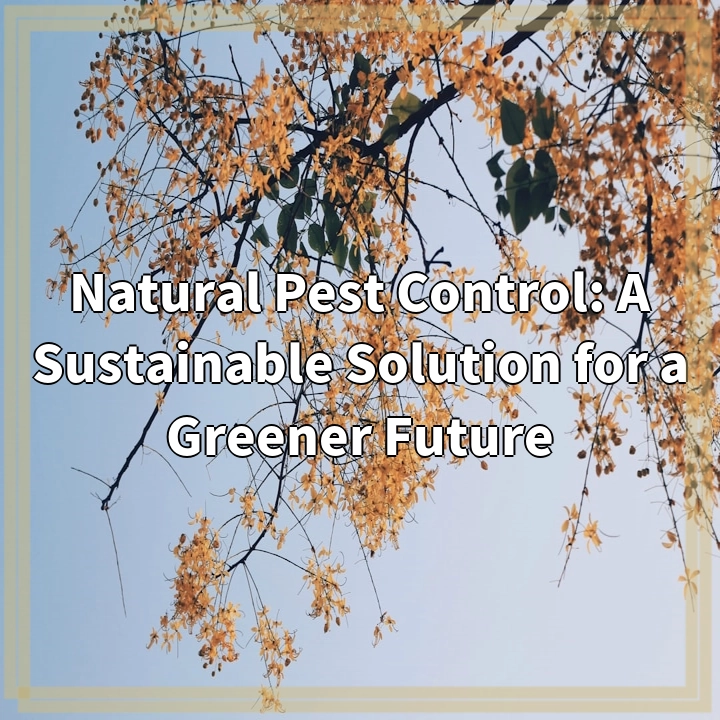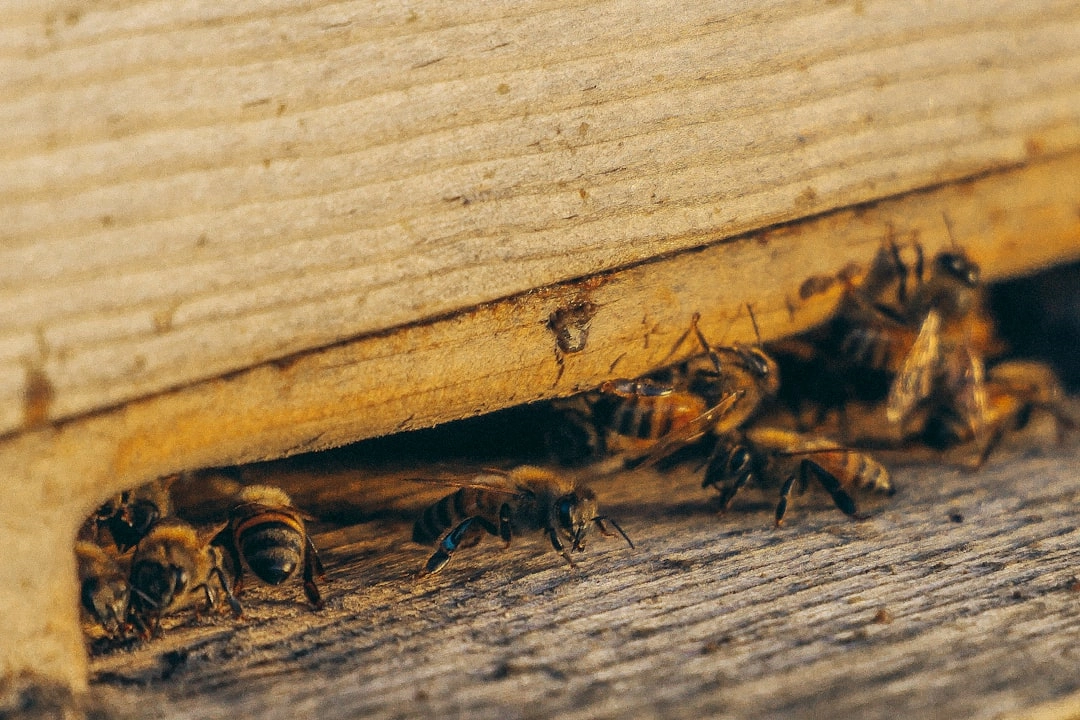
What is Natural Pest Control?
Natural pest control refers to the use of non-toxic and environmentally friendly methods to manage and prevent pest infestations. Unlike conventional pest control methods that often rely on synthetic chemicals, natural pest control solutions aim to protect the environment, human health, and beneficial wildlife while effectively eliminating pests.
Real-World Problems Associated with Natural Pest Control
1. Limited Effectiveness
One of the challenges with natural pest control methods is that they may not always provide the same level of effectiveness as conventional approaches. Natural pest control often relies on organic sprays, traps, beneficial insects, and companion planting, which may not completely eradicate pests or prevent future infestations.
2. Time and Patience
Natural pest control methods usually require more time and patience compared to chemical-based solutions. For example, using biological controls like introducing predator insects to control pests can take longer to show results and may require careful monitoring and management.
3. Cost
In some cases, natural pest control methods can be more expensive compared to conventional options. Organic products and services may come at a higher cost due to the lack of large-scale production and the additional labor required for their application.
4. Limited Availability
Access to natural pest control products and services can be restrictive in certain regions. Availability may vary depending on factors such as local regulations, market demand, and the presence of specialized service providers.
5. Integration and Compatibility
Integrating natural pest control methods into existing agricultural or pest management practices can pose challenges. It requires careful consideration of factors such as timing, compatibility with other control methods, and the overall suitability for specific pest species or crop types.
Despite these challenges, natural pest control offers several advantages such as reducing the risk of chemical exposure, preserving beneficial insects and wildlife, maintaining soil and water quality, and promoting long-term sustainability in pest management practices.

Solutions for Real-World Problems in Natural Pest Control
1. Enhancing Effectiveness
To improve the effectiveness of natural pest control methods, it is crucial to combine various strategies. Integrated Pest Management (IPM) techniques can be employed, which integrate multiple approaches such as biological controls, cultural practices, and mechanical controls to achieve better results.
2. Education and Support
Providing education and support to farmers, gardeners, and homeowners is essential for successful implementation of natural pest control methods. This can include offering training programs, workshops, and resources that provide knowledge on implementing and managing natural pest control practices effectively.
3. Research and Development
Continued research and development in the field of natural pest control can lead to the discovery of more effective and innovative methods. This can involve studying the effectiveness of natural predators, developing new organic formulations, and finding ways to enhance the compatibility of natural pest control practices with different crop systems.
4. Government Support and Regulations
Government support and regulations play a crucial role in promoting and encouraging the use of natural pest control methods. By providing incentives, grants, and subsidies for organic farming practices, governments can incentivize the adoption of sustainable pest control solutions and create a more level playing field for organic farmers and pest control service providers.
5. Collaboration and Knowledge Sharing
Collaboration and knowledge sharing among different stakeholders, including researchers, farmers, environmental organizations, and government agencies, can facilitate the exchange of ideas, best practices, and lessons learned. This can contribute to the development and refinement of natural pest control methods and promote their wider adoption.
Implementing these solutions can help overcome the challenges associated with natural pest control, making it a more viable and sustainable solution for a greener future.















